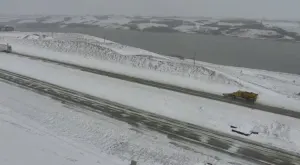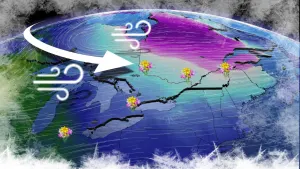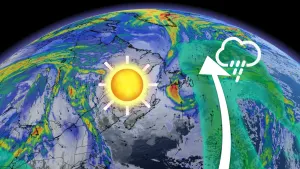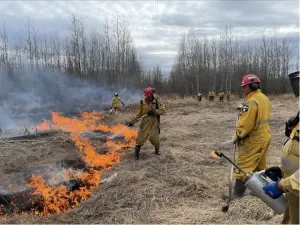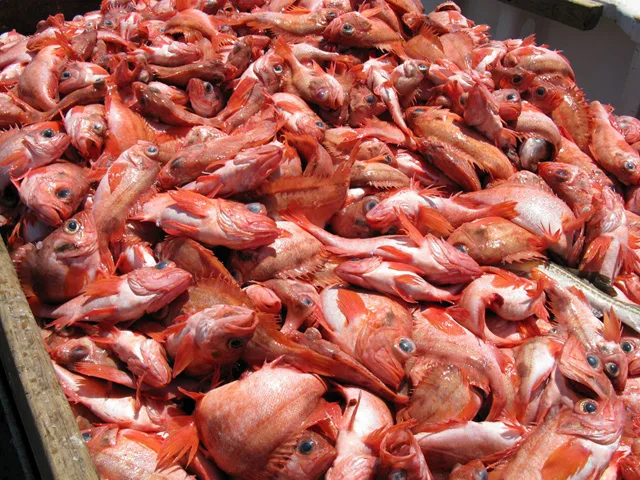
"Canada is failing our marine fisheries," Oceana report states
Oceana Canada says that rebuilding plans for some fish stocks, including the iconic northern cod, have “significant flaws.”
A fishery audit conducted by Oceana Canada, a nonprofit organization, reported that just 30.4 per cent of fisheries in Canada are considered “healthy” and nearly 20 per cent of stocks are “critically depleted.” Oceana assessed 194 index stocks using globally accepted monitoring and management indicators.
The Canadian government has several federal policies aimed at restoring abundant wild fish populations, but the audit report stated that insufficient progress has been made from 2017 to 2021.
Certain aspects of Canadian fisheries management have improved over the past five years, the report noted. The federal government committed over $100 million to assess and rebuild data around stocks, which has made this information more transparent to the public. However, the report’s data highlighted the extensive work that still needs to be done.
Currently, the biggest threats to Canadian fisheries include “increasing pressure from climate change, pollution, habitat destruction, and overfishing.”
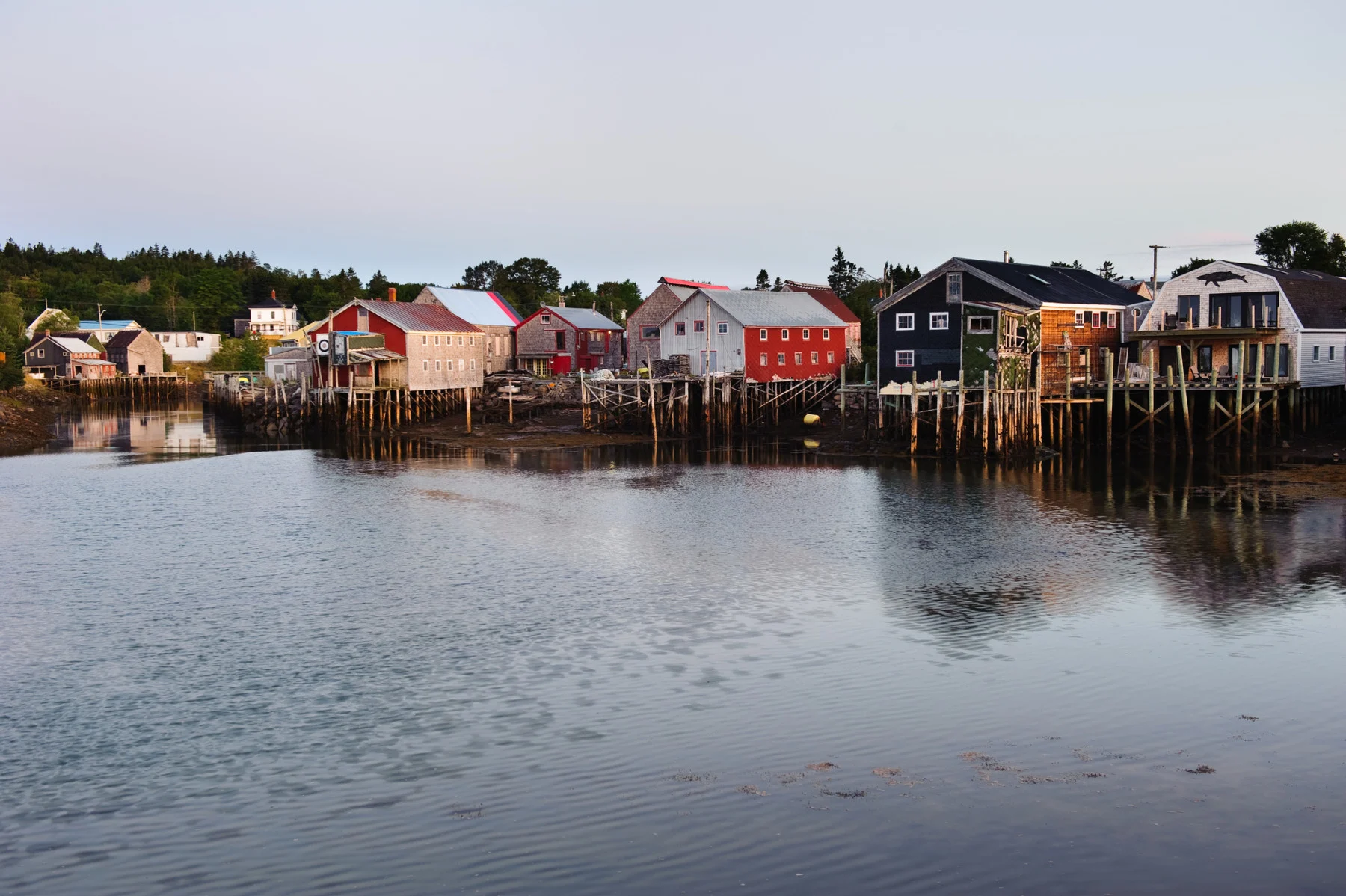
Old herring smokehouses in Seal Cove, a historic fishing village on Grand Manan, New Brunswick. (Marc Guitard/ Moment/ Getty Images)
Severe weather in British Columbia was highlighted as an example of how climate change is putting stress on oceanic ecosystems. During the B.C. heat dome event in the summer of 2021, coastal temperatures spiked and caused mass die-offs of several aquatic species including sea cucumbers, starfish, and crabs.
In addition to shifts in the environment caused by climate change, overfishing and inadequate fisheries management over many decades have led to depleted fisheries. Rebuilding plans are required for all critically depleted stocks, but Oceana stated that the current plans only cover 21 per cent of them.
For example, the northern cod stock is critically depleted and has been under a fishing moratorium since 1992. The report stated that the rebuilding plans for this stock have “significant flaws” because the rebuilding target is below the critical zone boundary, meaning that even if the plan plays out as expected, the stock will still be “dangerously depleted.”
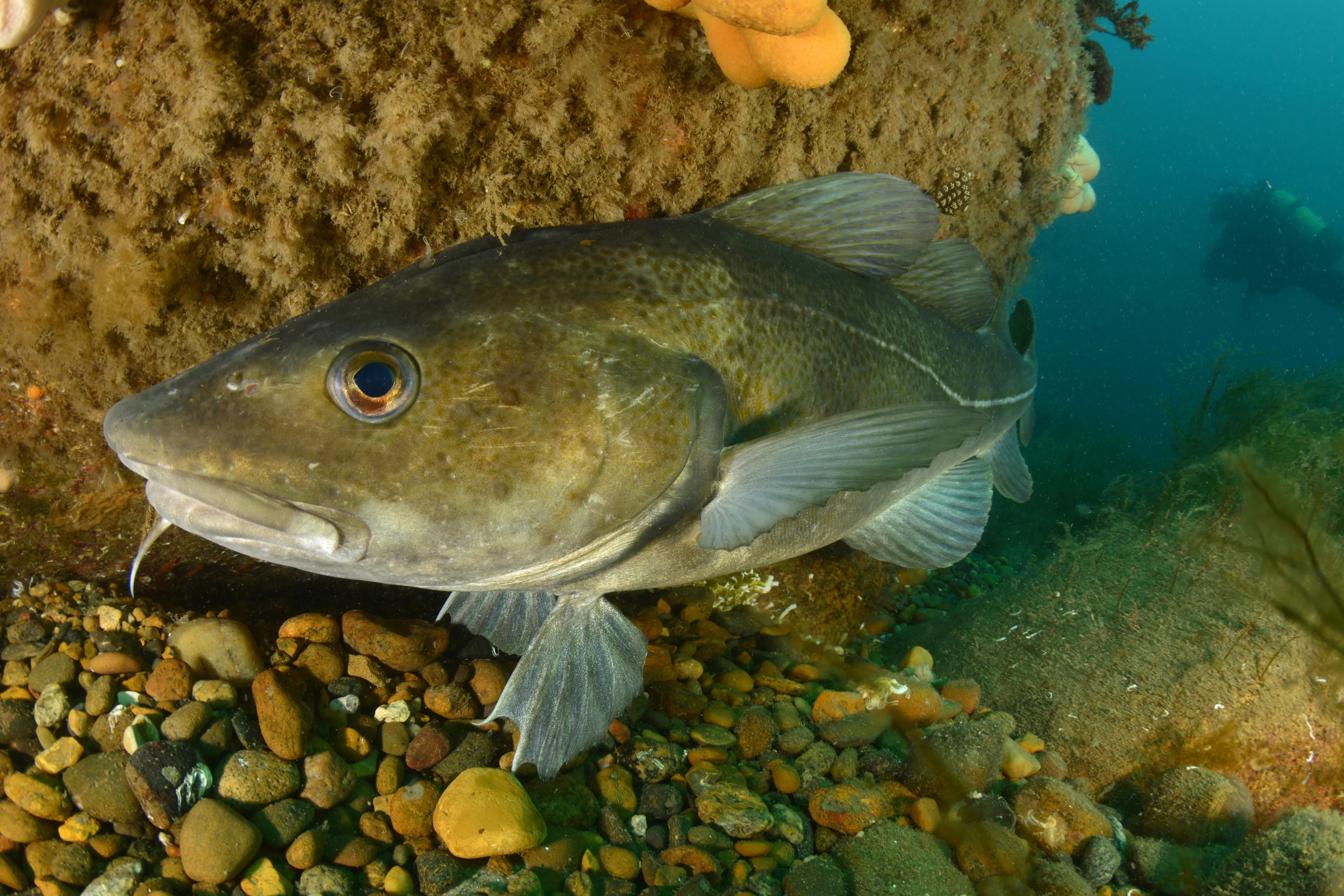
A single northern cod swimming in the Atlantic Ocean. (Oceana/ Carlos Minguell)
“The Government of Canada welcomes Oceana Canada’s fisheries audit and will be reviewing the report’s recommendations. We all share a responsibility to protect and regenerate Canada’s marine ecosystems, so they can continue to provide us with food, employment, and opportunities for generations to come,” Fisheries and Oceans Canada (DFO) said in a statement to The Weather Network.
“Since 2018, progress has been made — Fisheries and Oceans Canada has completed rebuilding plans for seven of 19 priority stocks, and a further two stocks have improved to the point where they are no longer in the critical zone. In 2020–2021, although some of this work was delayed due to the COVID-19 pandemic, the Department also completed the rebuilding plan for northern cod and advanced work on plans for the remaining priority stocks. For those stocks without completed rebuilding plans, DFO has specific fishery management measures in place, informed by the best available science to limit fishing and not compromise their rebuilding.”
The report stated that “the biggest problem lies in implementing the policies that DFO has already put in place.”
“Two years after the Fisheries Act became law, the government has not created regulations specifying the requirements for rebuilding plans and to which stocks they will apply. That means there is still no enforceable direction to rebuild depleted fisheries,” Oceana reported.
A few policy recommendations that Oceana provides are: implement strong Fisheries Act regulations, rapidly roll out modern fisheries management strategies that have previously shown results, incorporate Indigenous evidence, practice, and knowledge systems, aggressively restore forage fish such as capelin, herring, and mackerel, and improve monitoring and reporting of the fish that are harvested by all sources of fishing.
“The steps needed to do this may sometimes be difficult, but they are clear. Rebuilding wild fish populations, providing lasting support for coastal communities, and helping feed future generations, can be part of this government’s legacy,” stated Dr. Robert Rangeley, Science Director of Oceana Canada in a press release.
Thumbnail credit: FishWatch








